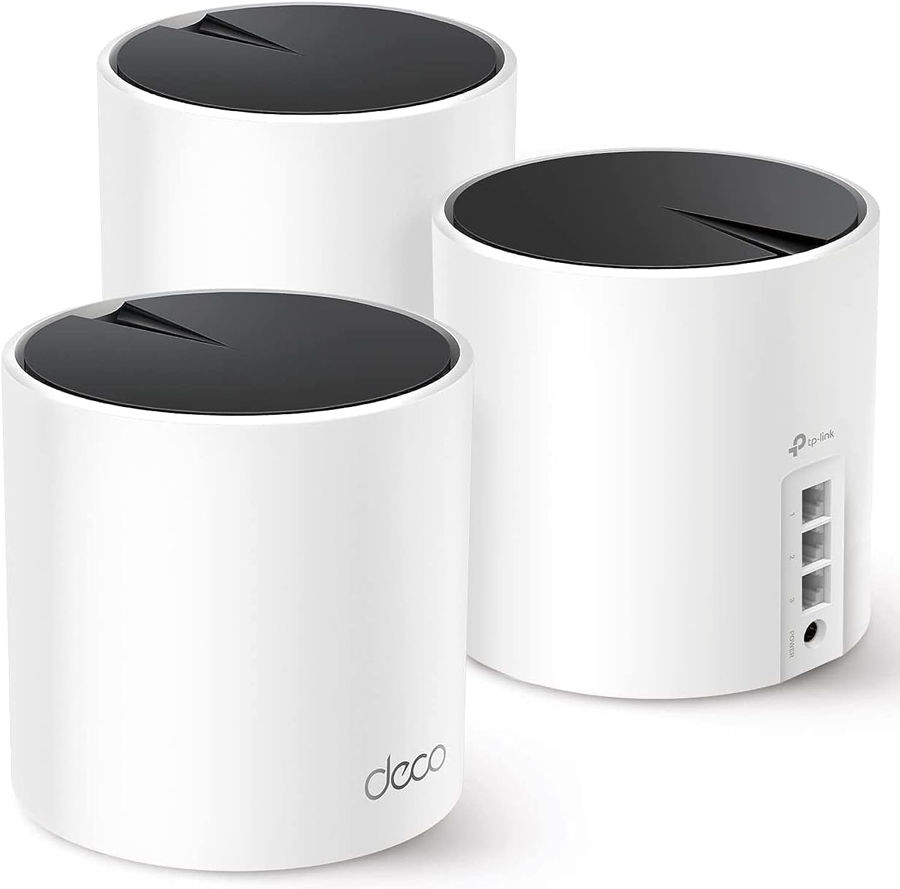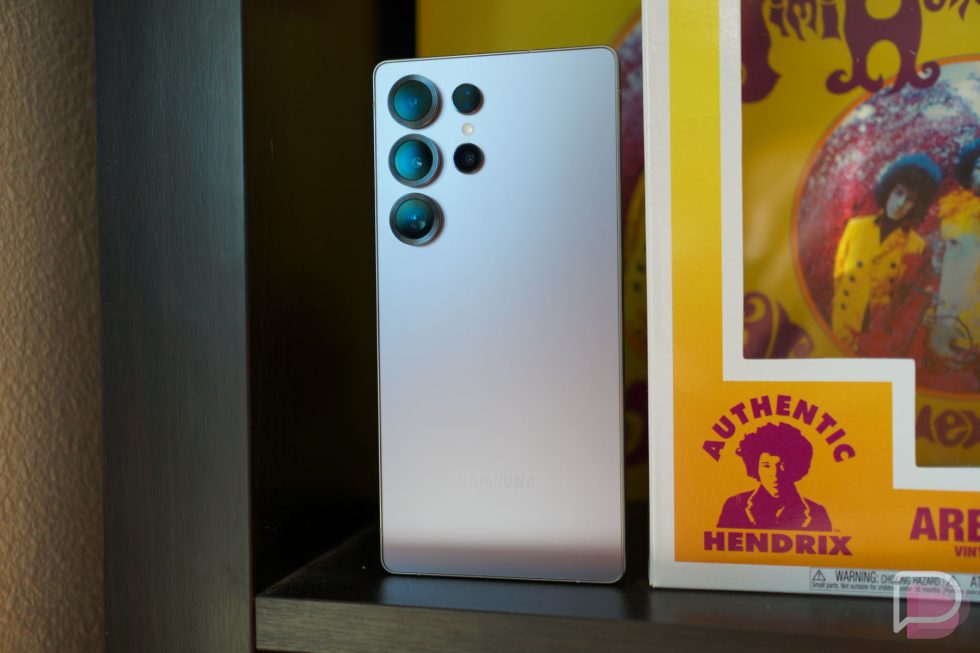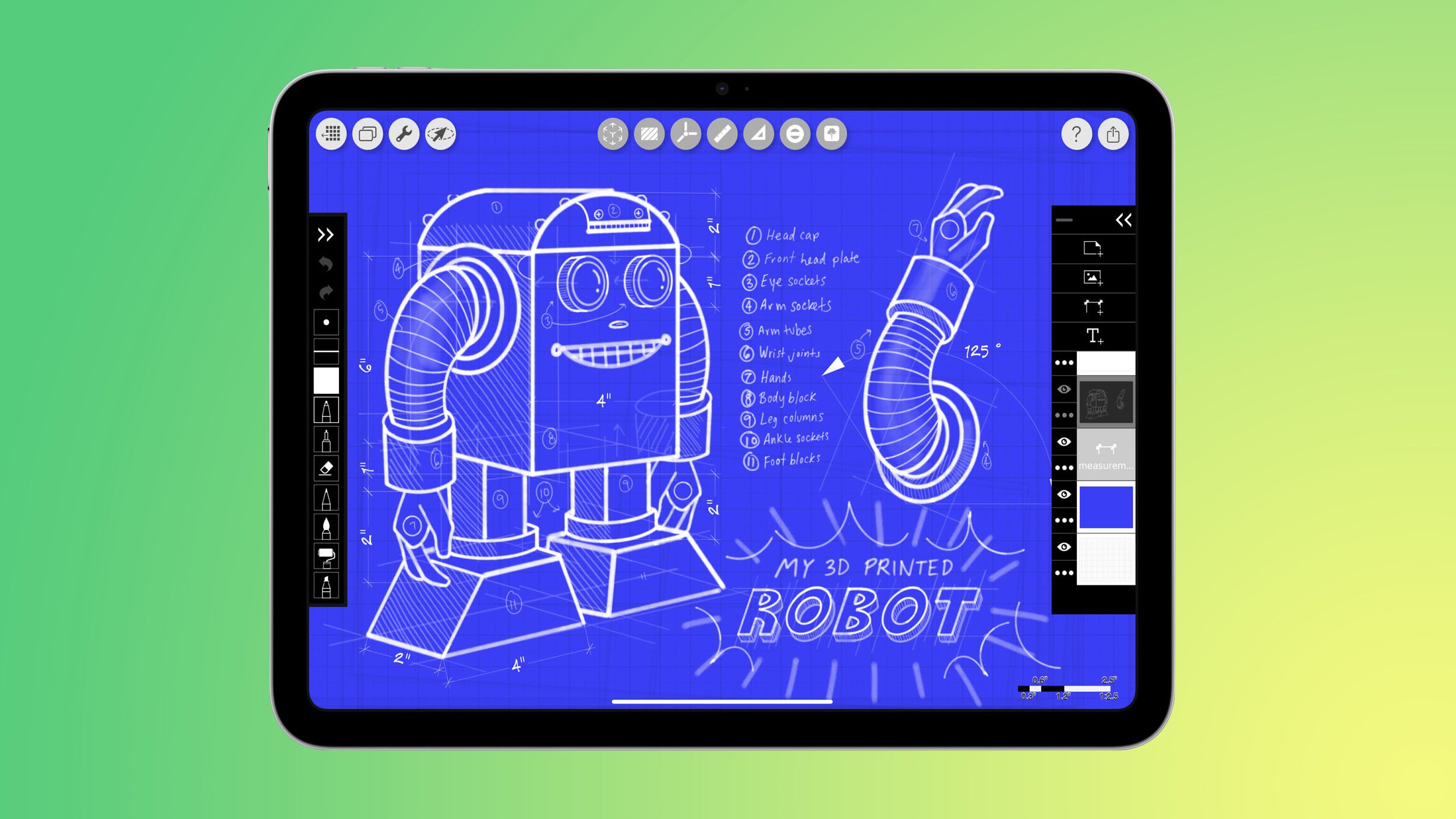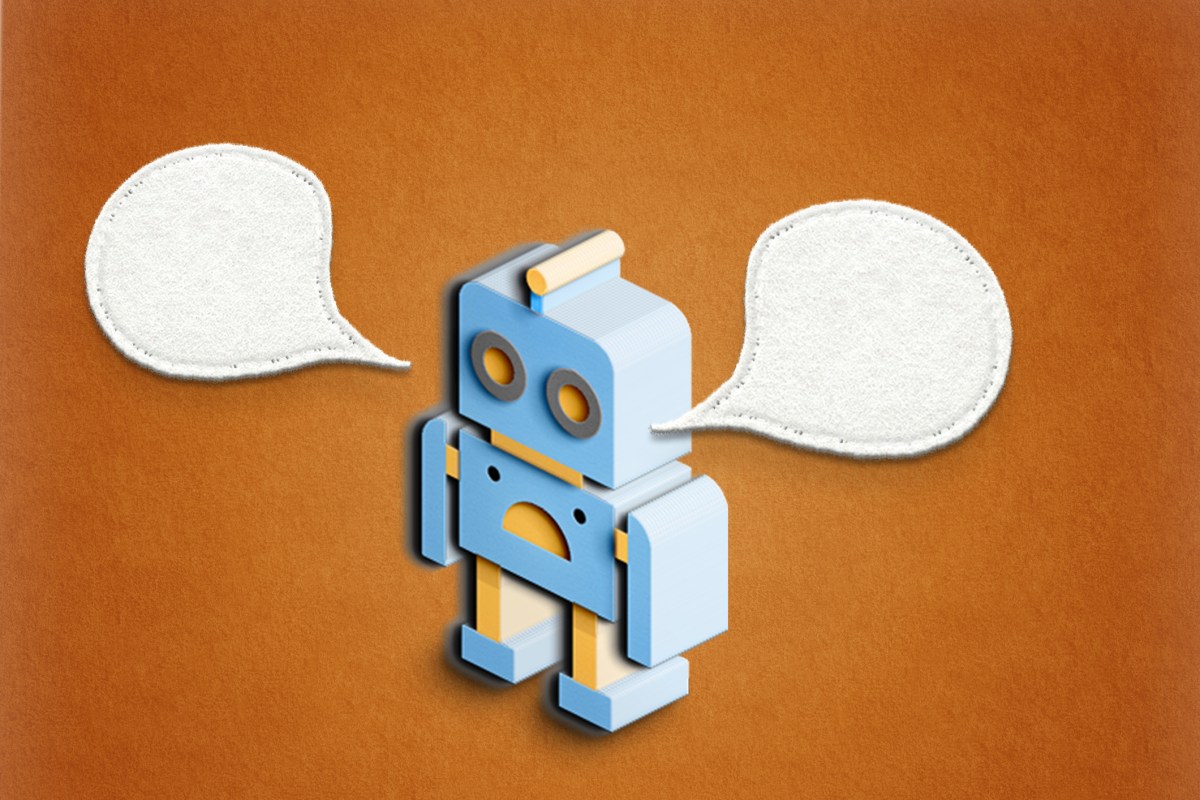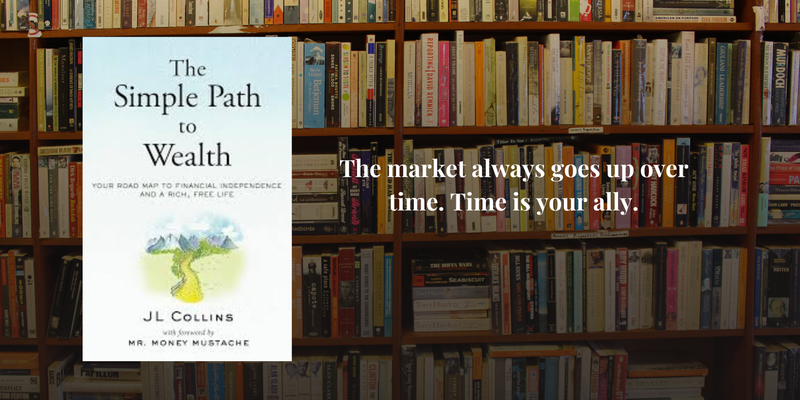Yutori: Mastering the Japanese secret to happiness
Discover Yutori—the Japanese philosophy of creating space for joy and longevity. Learn how this mindful way of life leads to health and happiness.


In the hustle and bustle of modern life, the concept of living a balanced, stress-free existence can often feel like a distant dream. We are constantly bombarded with responsibilities, expectations, and the pressures of a fast-paced world. Yet, in Japan—one of the countries known for having the longest life expectancy and a strong culture of happiness—there exists a unique and profound philosophy that could hold the key to a longer, more fulfilling life. This philosophy is called Yutori.
In this article, we will explore the concept of Yutori, how it contributes to the well-being of individuals in Japan, and how you can apply its principles to your life for longevity, happiness, and peace of mind. It’s a powerful reminder that sometimes, the secret to living well lies not in doing more, but in doing less, in slowing down, and in creating space to truly enjoy life.
What is Yutori?
At its core, Yutori can be translated as “room” or “space,” but its meaning goes beyond the physical. It’s a sense of mental and emotional space that allows you to live at a more relaxed, mindful pace. In the context of life and work, it refers to the practice of leaving extra time, avoiding overloading schedules, and allowing for moments of stillness and reflection.
In Japanese culture, Yutori is often associated with an intentional reduction of stress. It encourages individuals to lead a more balanced and less hectic life, creating space for leisure, self-reflection, and genuine connections. The practice of Yutori is not just a personal philosophy but also a cultural norm that has been passed down through generations.
The link between Yutori and longevity
Japan is home to some of the longest-living people in the world, particularly in regions like Okinawa, where centenarians are commonplace. One of the contributing factors to this remarkable longevity is the practice of Yutori. By focusing on creating balance, reducing stress, and fostering community, the Japanese have developed a way of life that is conducive to both physical and mental health.
Research has shown that high levels of stress contribute to a variety of health problems, including heart disease, stroke, and weakened immune function. Yutori, by encouraging a slower pace of life and mindfulness, helps combat this stress. By ensuring that individuals have time for rest, play, and meaningful activities, Yutori promotes a healthy, fulfilling life that can add years to your lifespan.
How Yutori promotes happiness
Happiness, like longevity, is not simply a byproduct of achieving goals or accumulating material wealth. In fact, research suggests that the pursuit of constant achievement often leads to dissatisfaction and burnout. This is where Yutori comes in. By embracing a lifestyle that values balance over busyness, the Japanese approach to happiness emphasises the importance of enjoying the present moment.
Yutori encourages people to prioritise their emotional well-being by stepping back from the pressure of perfection and the constant need for validation. This approach to happiness is about savoring simple pleasures—whether it’s a moment of quiet reflection, a shared meal with family, or the joy of being in nature. By embracing Yutori, people are able to create an environment that fosters true contentment.
The role of the community in Yutori
Another critical aspect of Yutori is its connection to community. In Japan, the concept of ikigai—the reason for being—is often tied to the idea of contributing to the well-being of others. Yutori encourages people to make time for these relationships and to cultivate deep, meaningful connections that enrich their lives.
The sense of belonging that comes from community involvement is a powerful antidote to loneliness and isolation. By dedicating time to others, whether through family, friends, or community activities, individuals create a strong network of support, which is vital for both mental health and longevity.
Creating space for creativity and reflection
One of the most overlooked aspects of Yutori is its emphasis on creativity and personal reflection. In a world that often prioritises productivity, making room for creativity and contemplation can seem like a luxury. However, in Japan, there’s a recognition that true innovation and self-awareness come from moments of stillness and relaxation.
The concept of Yutori encourages individuals to step away from the rush of daily life and engage in activities that inspire creativity and foster personal growth. Whether it’s through hobbies, journaling, meditation, or just time spent outdoors, making room for these reflective moments helps recharge the mind and spirit.
Yutori at work: The importance of balance
In Japanese work culture, Yutori is applied in the form of practices that prioritise work-life balance. Rather than glorifying long hours and burnout, Japanese companies are increasingly recognising the importance of providing employees with the flexibility to recharge. This shift towards Yutori in the workplace is seen as a way to improve productivity, reduce absenteeism, and maintain employee well-being.
By allowing workers to have more time for family, leisure, and self-care, companies are investing in the long-term health of their employees. The result is not only a happier workforce but also one that is more engaged and productive.
Conclusion
The Japanese philosophy of Yutori offers profound lessons on how to live a life that is not only longer but also more meaningful and joyful. By prioritising balance, community, and personal reflection, Yutori provides a roadmap to well-being that contrasts sharply with the fast-paced, achievement-driven cultures of the West. As we navigate our increasingly busy lives, Yutori reminds us that sometimes, the key to happiness and longevity lies not in doing more, but in creating space to truly live. By embracing this philosophy, we can begin to enjoy a life that is not only fulfilling but also truly aligned with our deepest values.










































































































































































![[The AI Show Episode 144]: ChatGPT’s New Memory, Shopify CEO’s Leaked “AI First” Memo, Google Cloud Next Releases, o3 and o4-mini Coming Soon & Llama 4’s Rocky Launch](https://www.marketingaiinstitute.com/hubfs/ep%20144%20cover.png)



































































































































![From fast food worker to cybersecurity engineer with Tae'lur Alexis [Podcast #169]](https://cdn.hashnode.com/res/hashnode/image/upload/v1745242807605/8a6cf71c-144f-4c91-9532-62d7c92c0f65.png?#)























![BPMN-procesmodellering [closed]](https://i.sstatic.net/l7l8q49F.png)
























-Jack-Black---Steve's-Lava-Chicken-(Official-Music-Video)-A-Minecraft-Movie-Soundtrack-WaterTower-00-00-32_lMoQ1fI.png?width=1920&height=1920&fit=bounds&quality=70&format=jpg&auto=webp#)






























































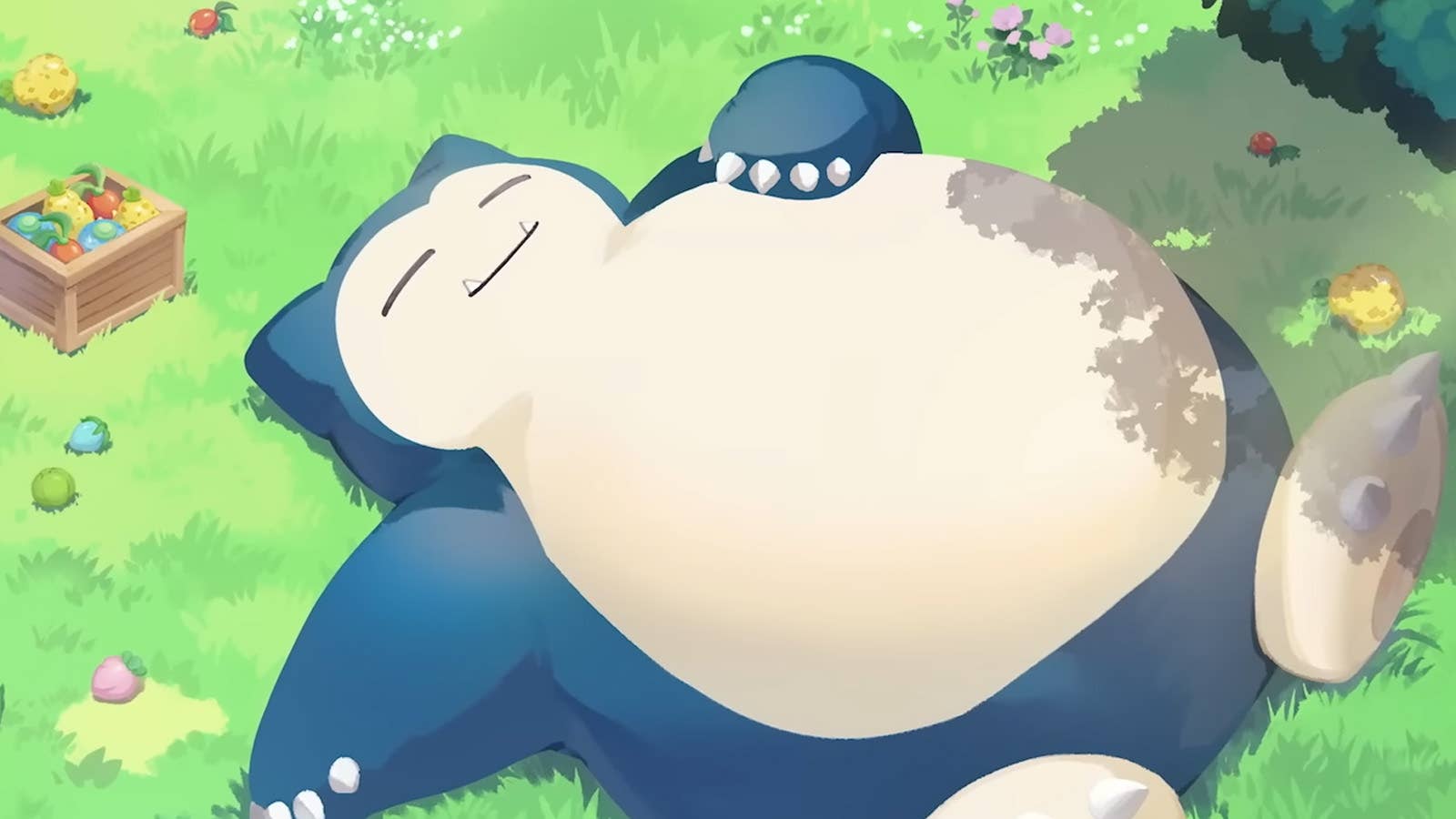



























_Brain_light_Alamy.jpg?width=1280&auto=webp&quality=80&disable=upscale#)


















































































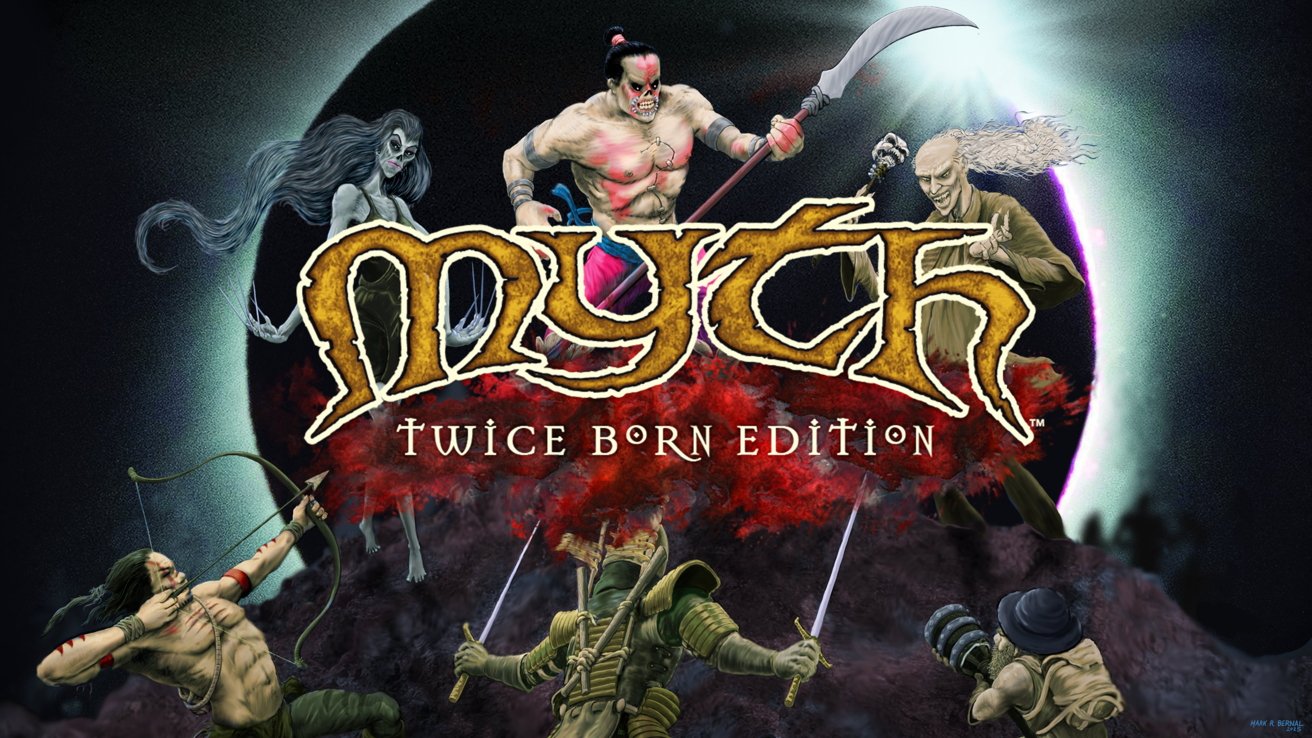




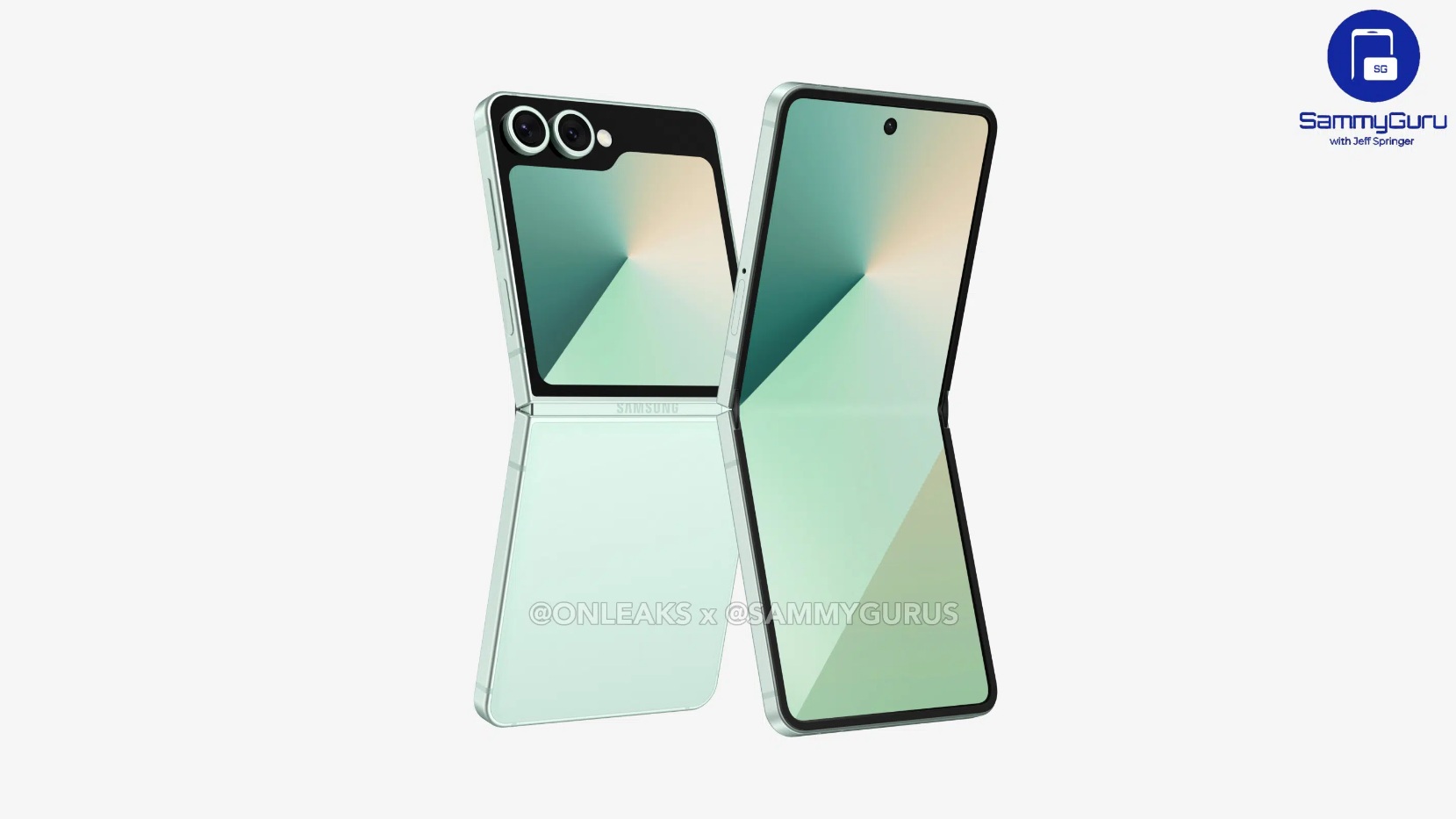
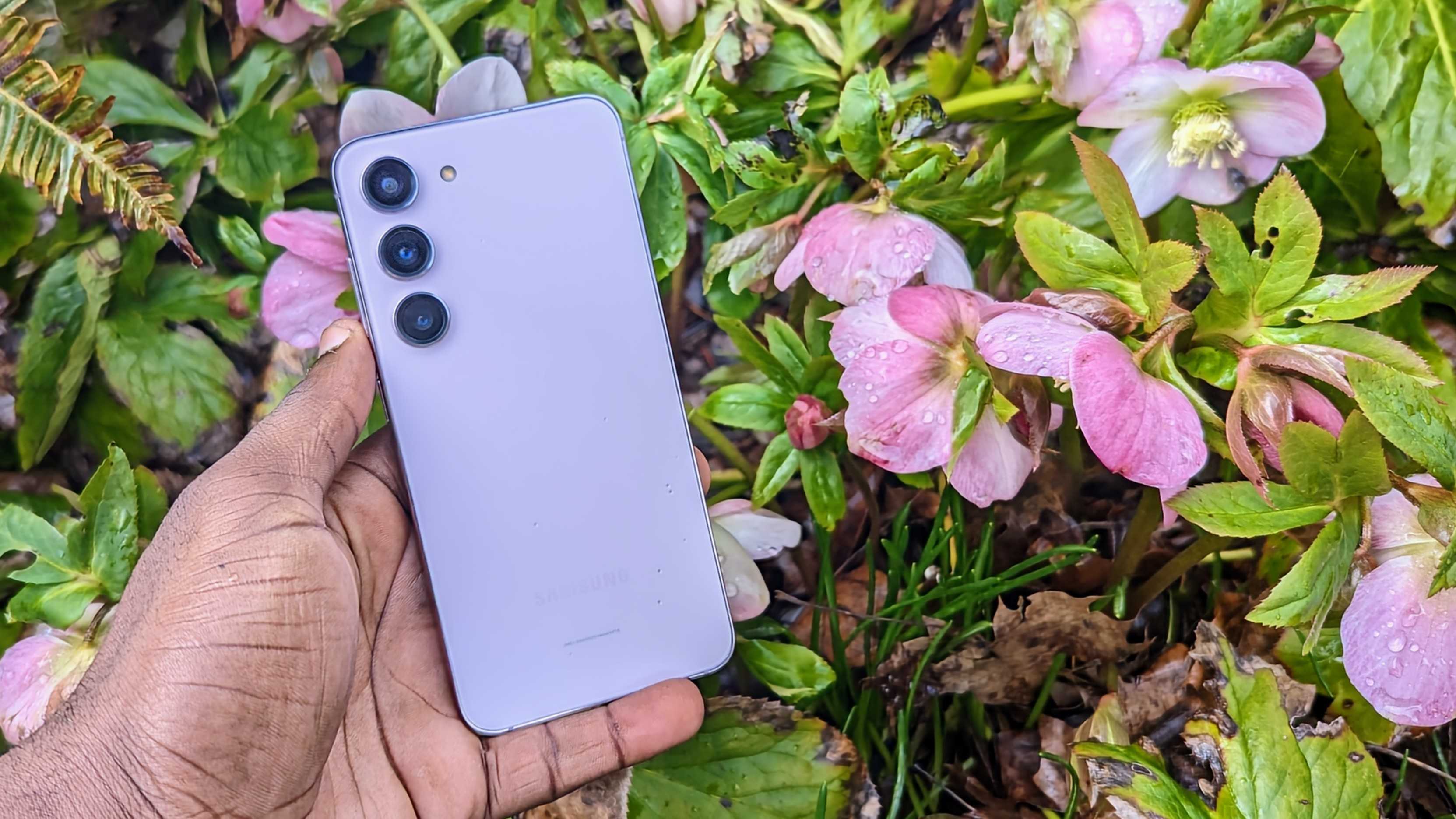
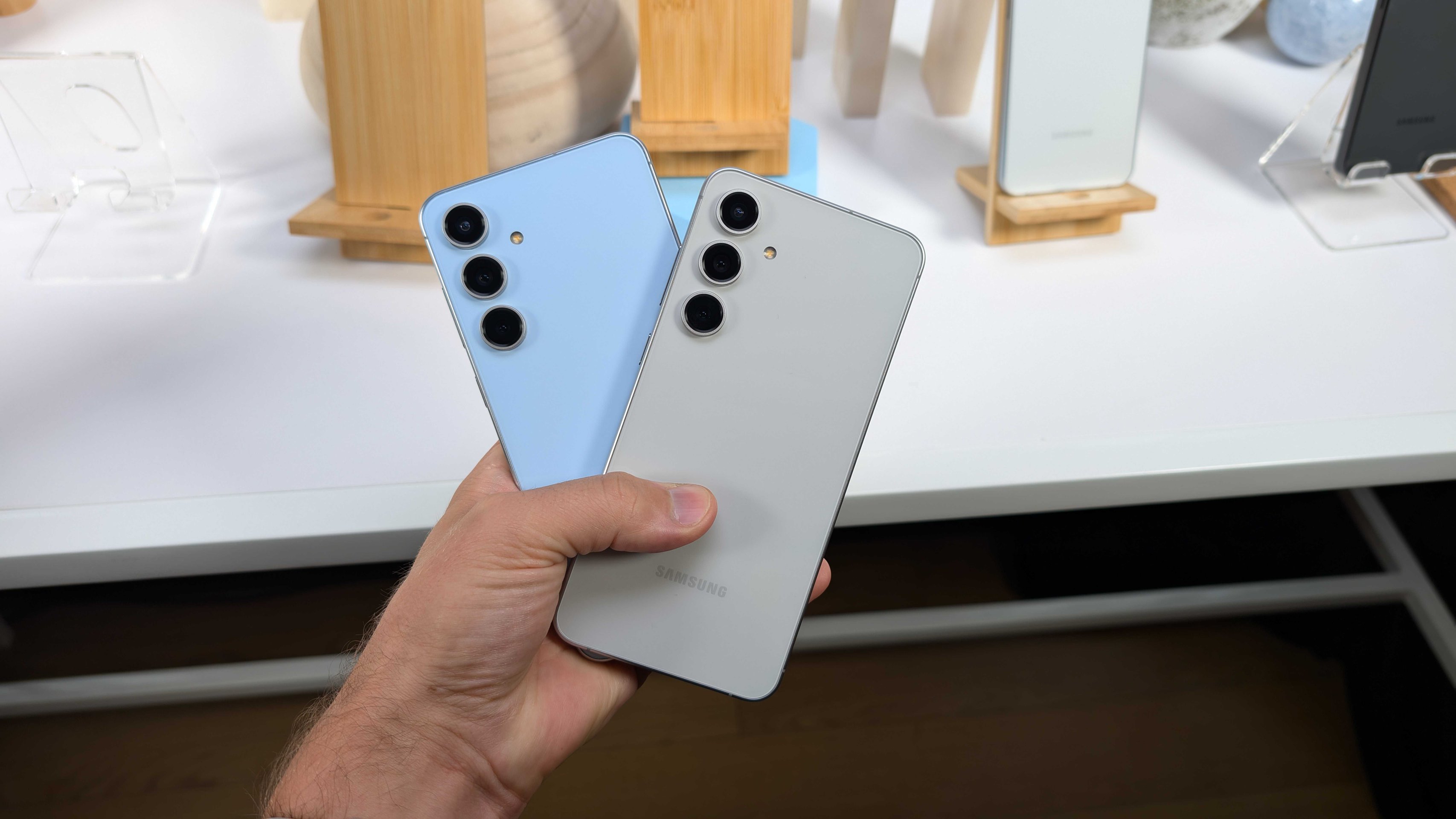























![Mac Shipments Up 17% in Q1 2025 Fueled by New M4 MacBook Air [Chart]](https://www.iclarified.com/images/news/97086/97086/97086-640.jpg)
![Next Generation iPhone 17e Nears Trial Production [Rumor]](https://www.iclarified.com/images/news/97083/97083/97083-640.jpg)
![Apple Releases iOS 18.5 Beta 3 and iPadOS 18.5 Beta 3 [Download]](https://www.iclarified.com/images/news/97076/97076/97076-640.jpg)
![Apple Seeds visionOS 2.5 Beta 3 to Developers [Download]](https://www.iclarified.com/images/news/97077/97077/97077-640.jpg)












